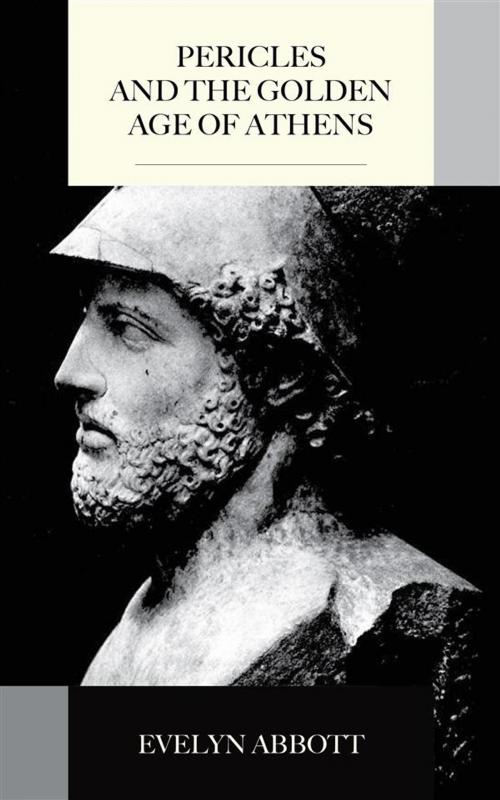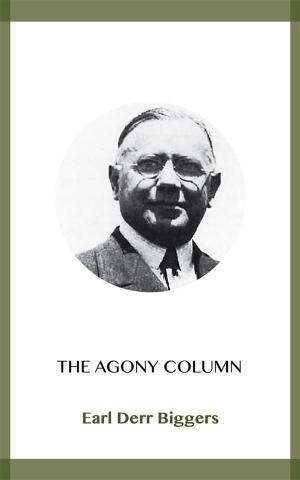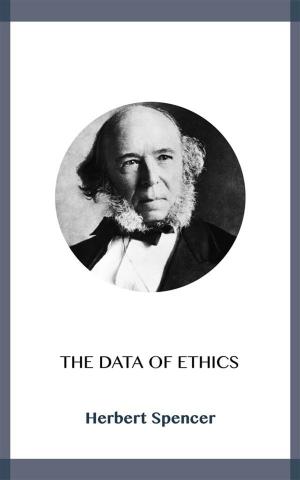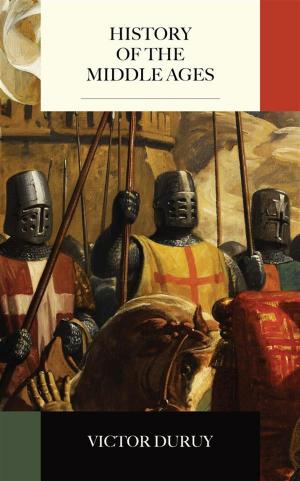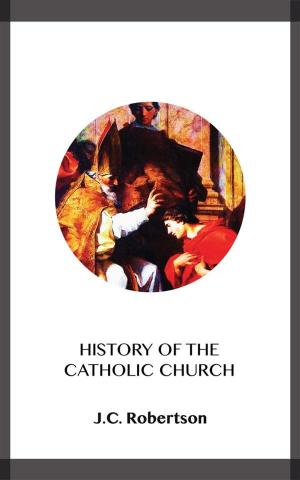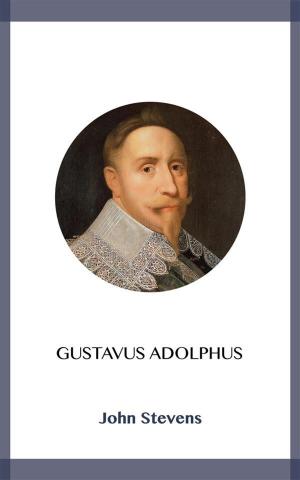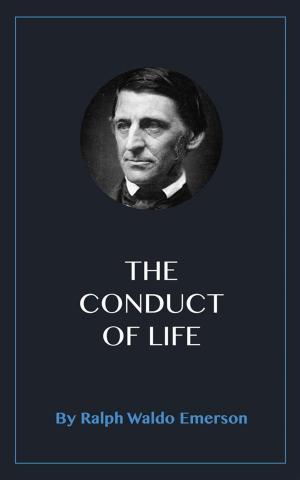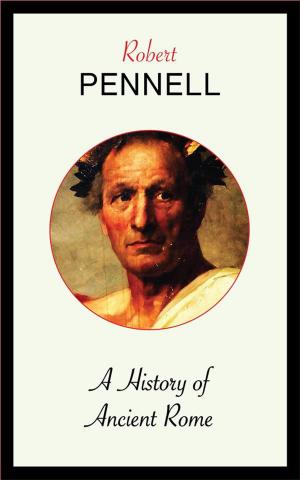| Author: | Evelyn Abbott | ISBN: | 9788832598124 |
| Publisher: | Blackmore Dennett | Publication: | May 3, 2019 |
| Imprint: | Language: | English |
| Author: | Evelyn Abbott |
| ISBN: | 9788832598124 |
| Publisher: | Blackmore Dennett |
| Publication: | May 3, 2019 |
| Imprint: | |
| Language: | English |
THIS sketch of the Age of Pericles consists of two parts: in the first and larger part I have endeavoured to trace the growth of the Athenian empire and the causes which alienated Athens and Sparta; in the second I have given a brief account of the government, the art and literature, the society and manners of the Periclean Athens.
It will be seen that I have ventured to form an opinion about the part which Pericles played as a practical statesman widely different from the estimate presented by Grote and Curtius. It is, so far as I can judge, impossible to deny that he destroyed a form of government under which his city attained to the height of her prosperity and that he plunged her into a hopeless and demoralising war. These are not the achievements of a great statesman. And so far as legislation goes, the Age of Pericles is a blank in the history of Athens.
In what then did his greatness lie? The answer is that it lay in the ideals which he cherished. He saw what a city might do for her citizens; and what citizens might do for their city. In the years of peace his dreams took shape, and the result is before us in the Parthenon and the great Funeral Speech: but against the hard obstinacy of facts, which followed the outbreak of the war, he struggled in vain. His visions of empire faded away, and he lived long enough to see the treasury impoverished, the people more than decimated, the most faithful of Athenian allies shut up to certain destruction.
THIS sketch of the Age of Pericles consists of two parts: in the first and larger part I have endeavoured to trace the growth of the Athenian empire and the causes which alienated Athens and Sparta; in the second I have given a brief account of the government, the art and literature, the society and manners of the Periclean Athens.
It will be seen that I have ventured to form an opinion about the part which Pericles played as a practical statesman widely different from the estimate presented by Grote and Curtius. It is, so far as I can judge, impossible to deny that he destroyed a form of government under which his city attained to the height of her prosperity and that he plunged her into a hopeless and demoralising war. These are not the achievements of a great statesman. And so far as legislation goes, the Age of Pericles is a blank in the history of Athens.
In what then did his greatness lie? The answer is that it lay in the ideals which he cherished. He saw what a city might do for her citizens; and what citizens might do for their city. In the years of peace his dreams took shape, and the result is before us in the Parthenon and the great Funeral Speech: but against the hard obstinacy of facts, which followed the outbreak of the war, he struggled in vain. His visions of empire faded away, and he lived long enough to see the treasury impoverished, the people more than decimated, the most faithful of Athenian allies shut up to certain destruction.
